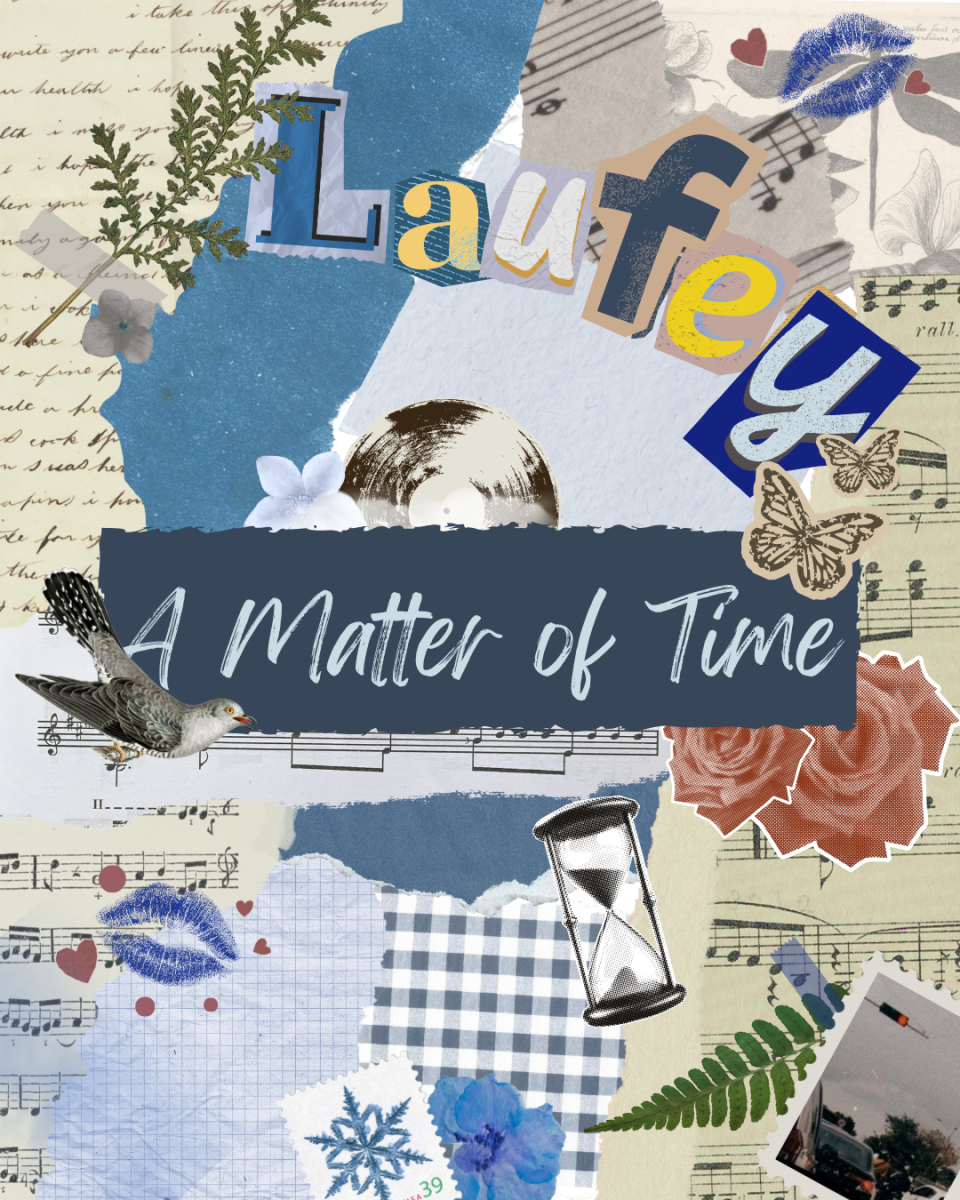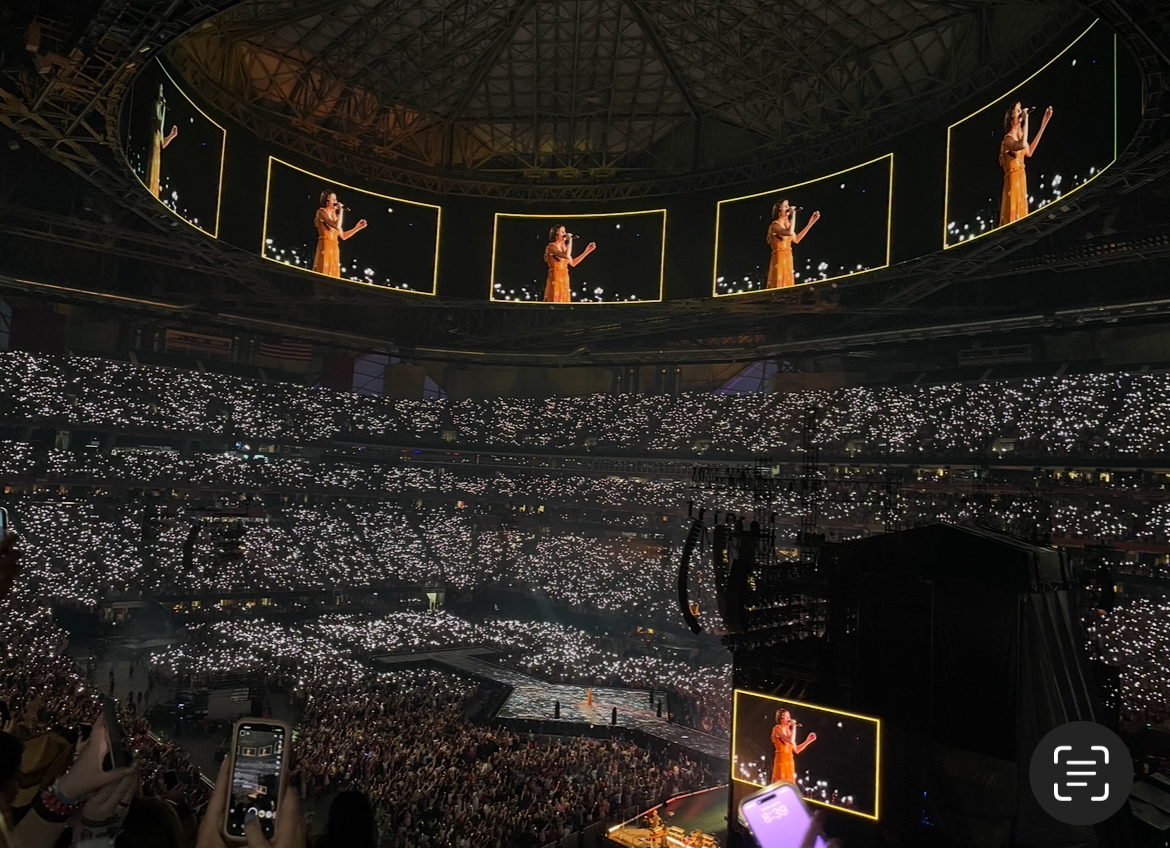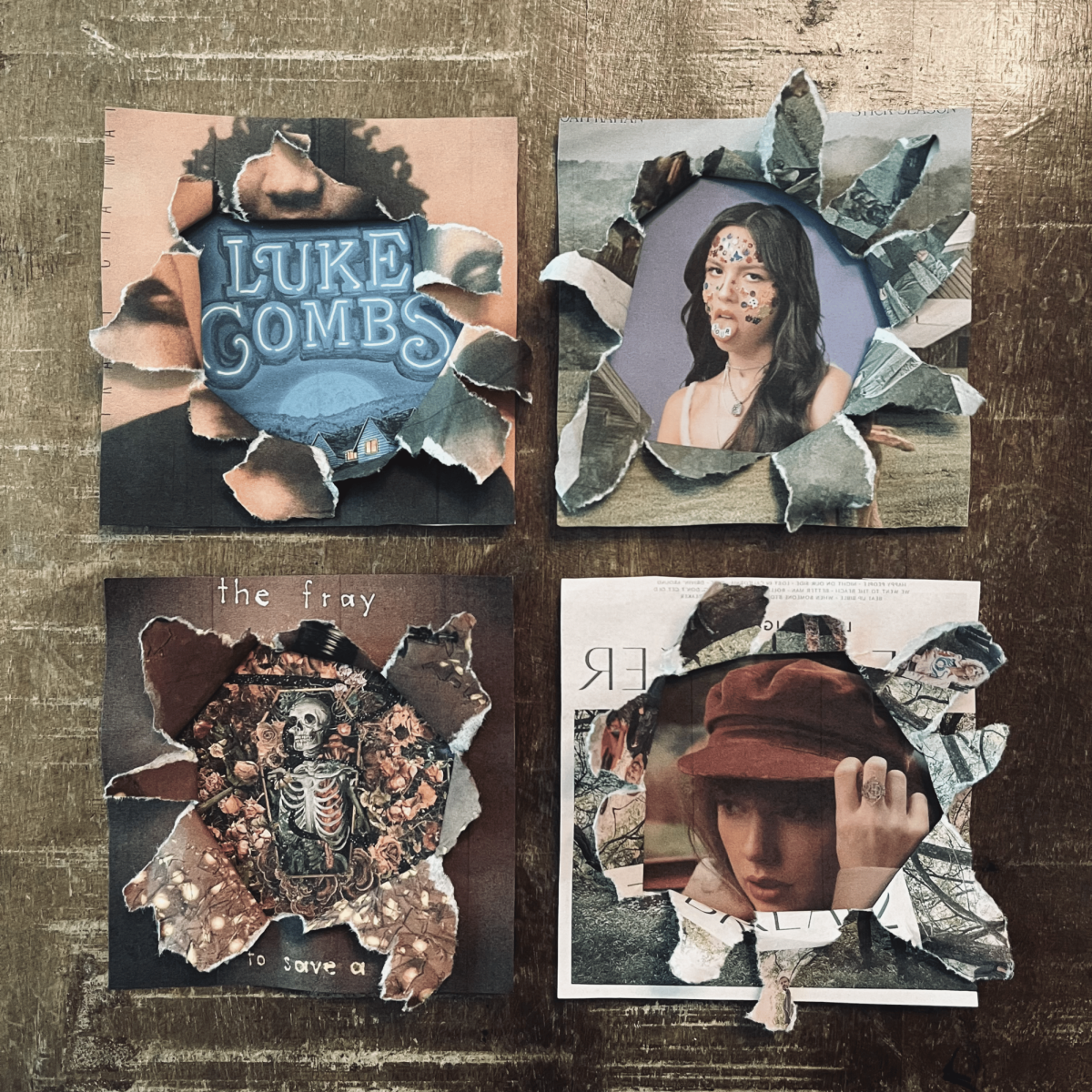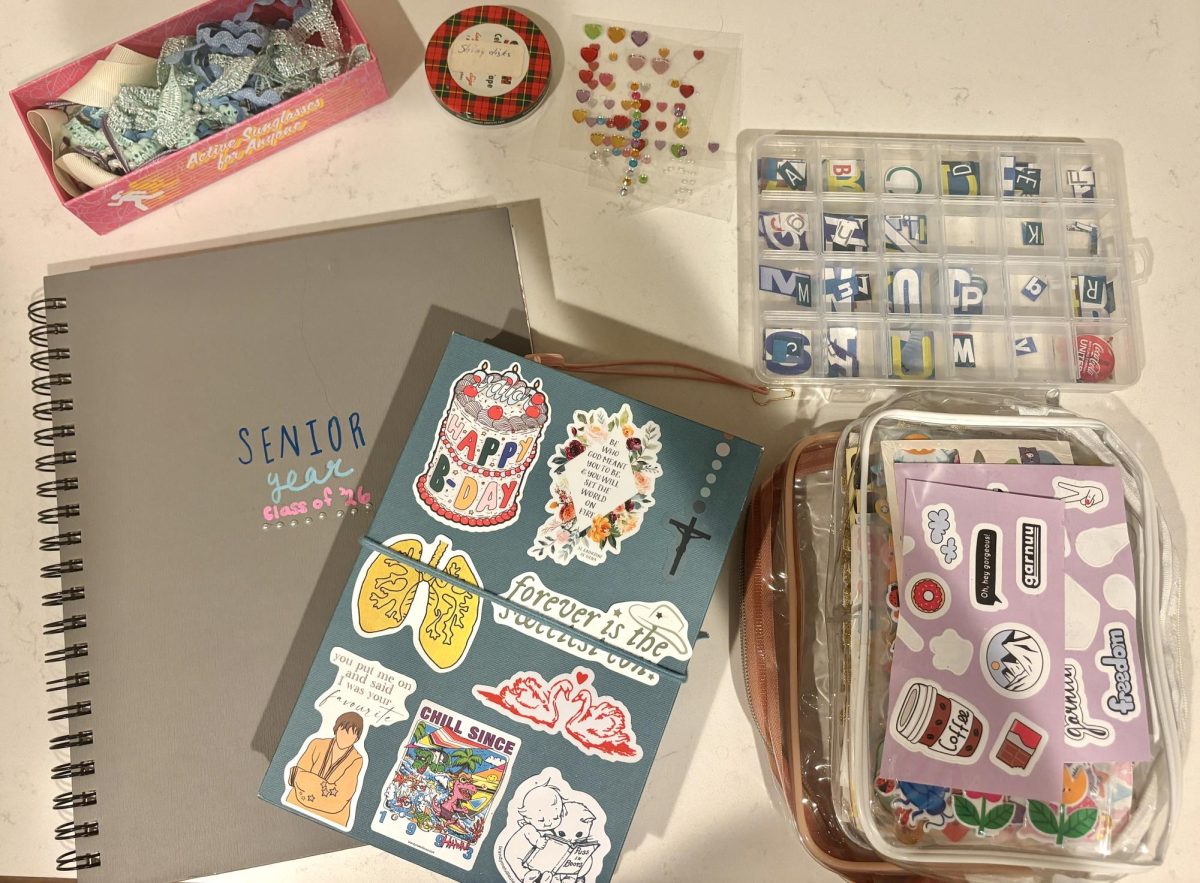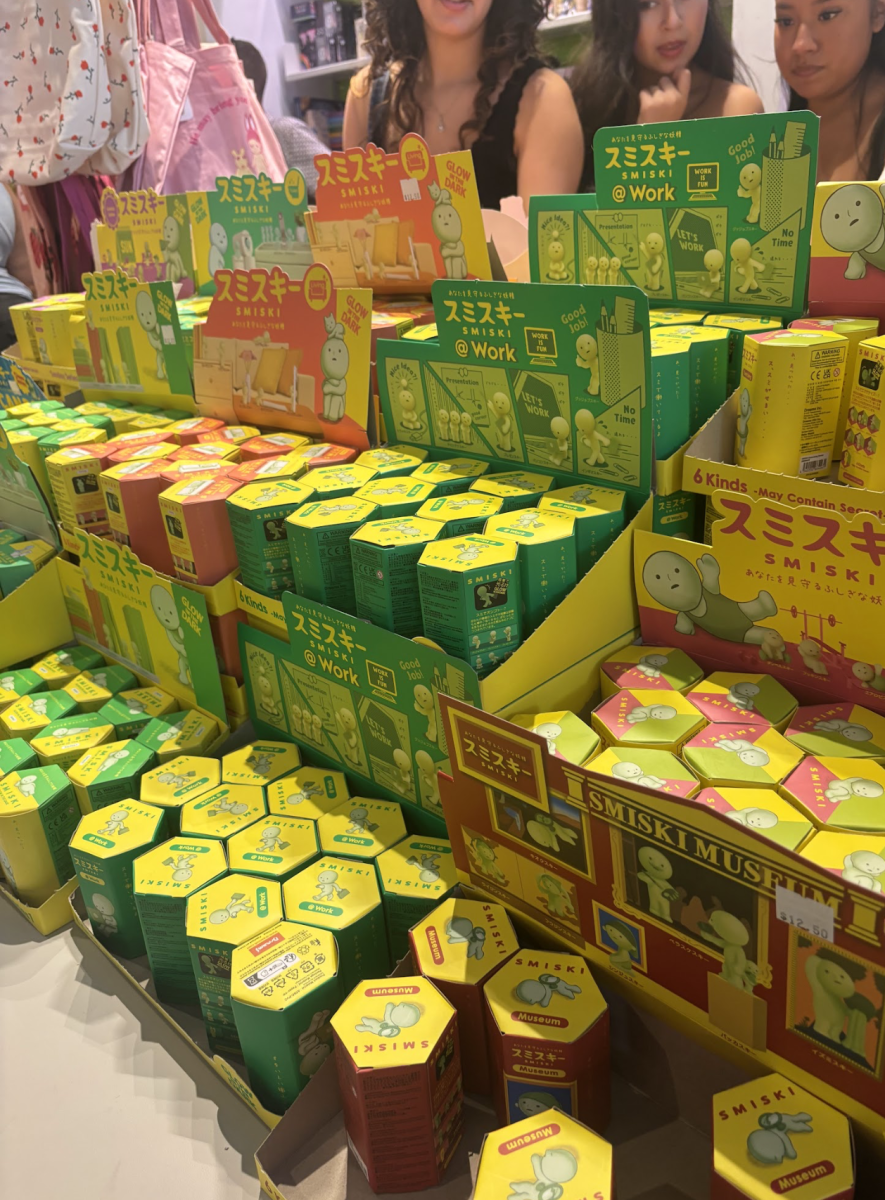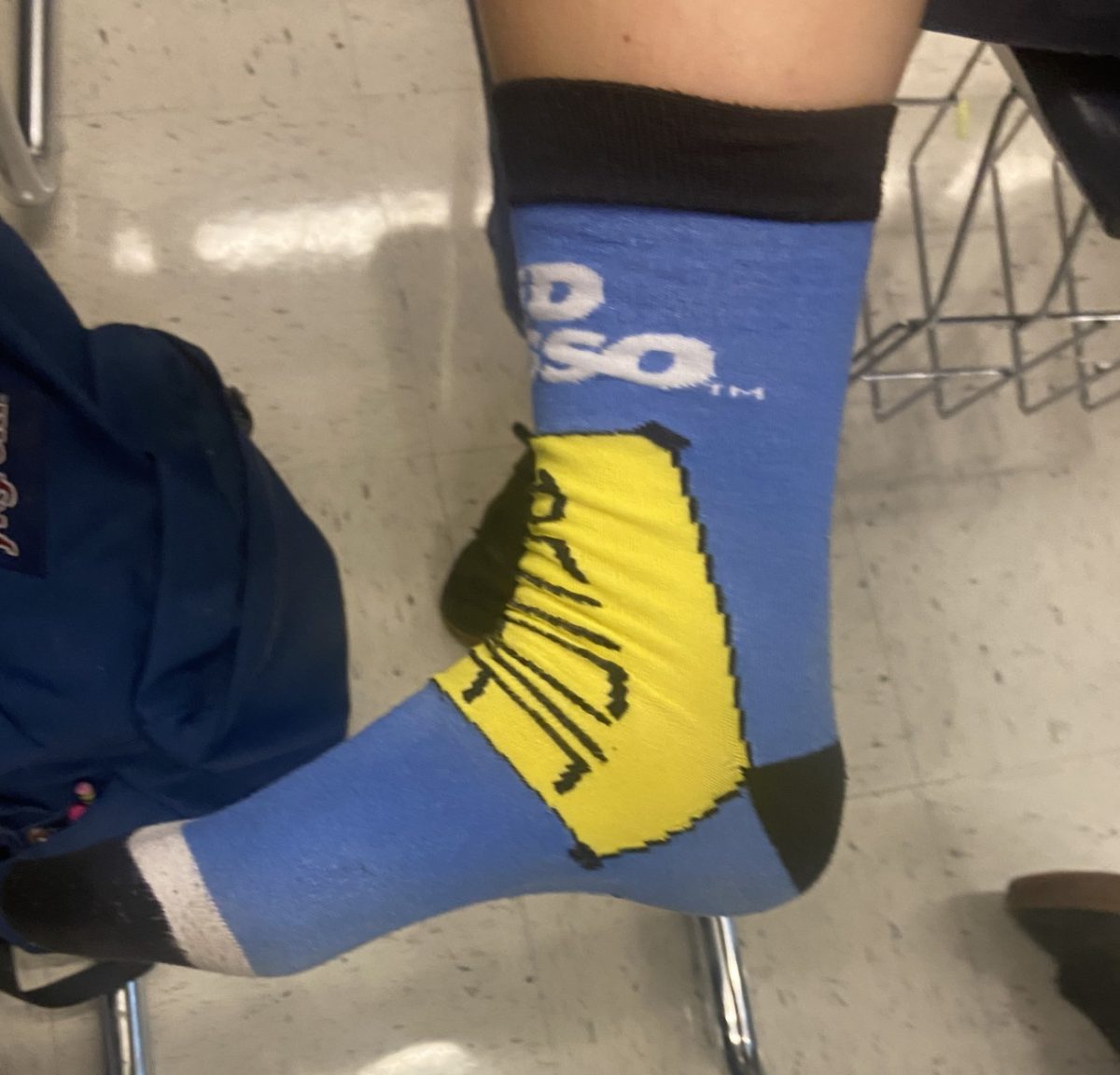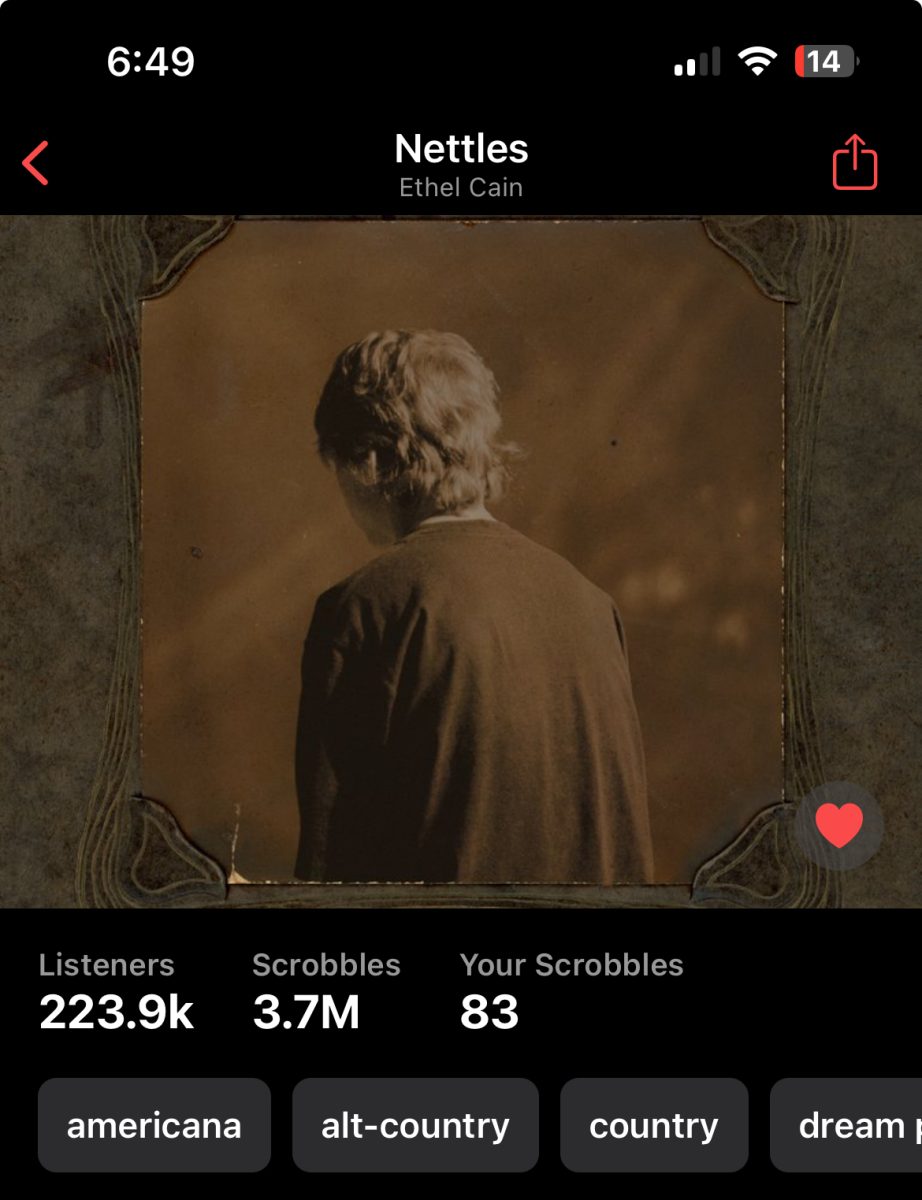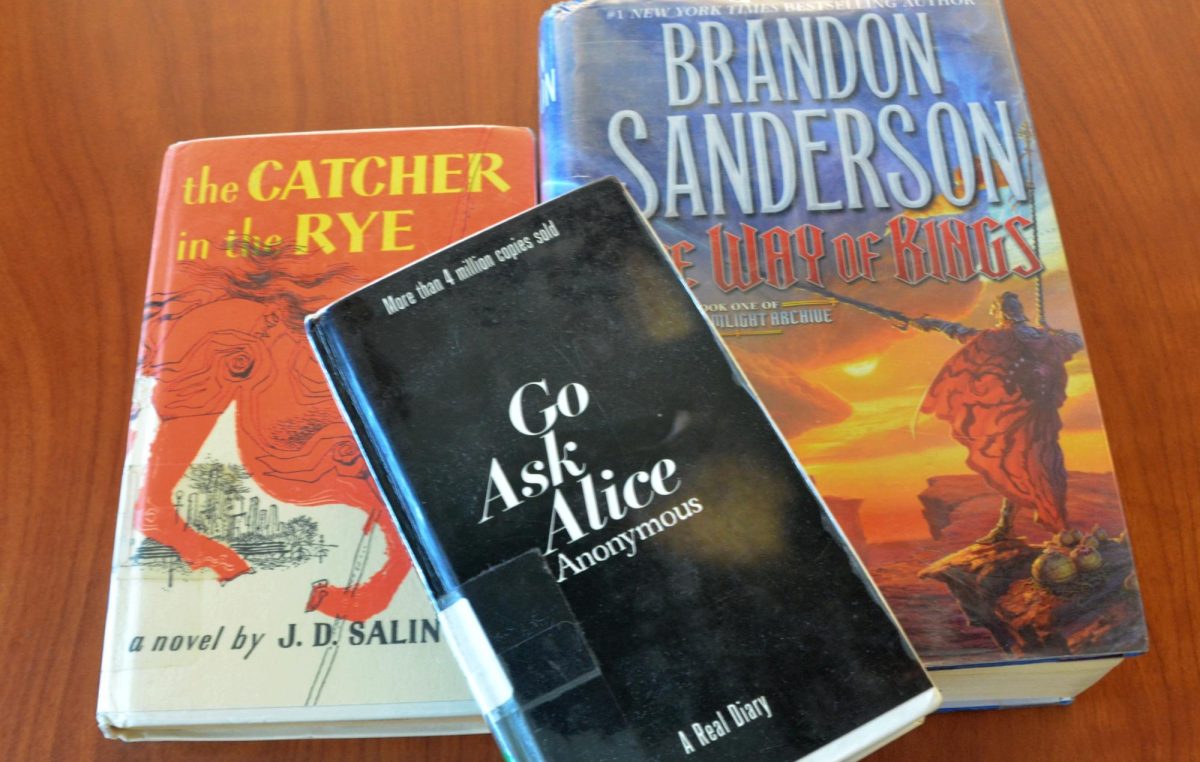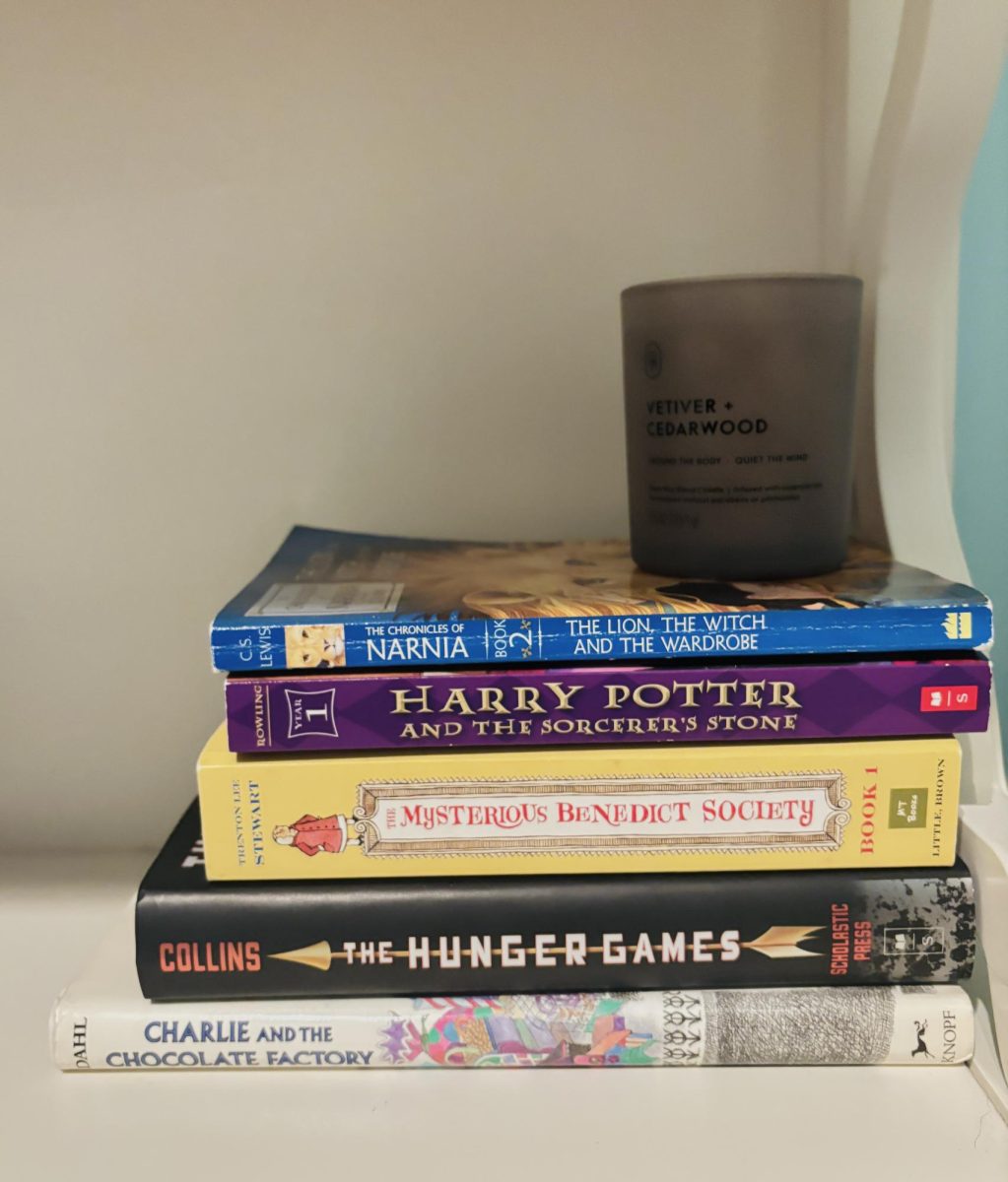Lorde released her new album, Virgin, a few months ago, which quickly resurrected my Lorde obsession. Many pop artists these days, such as Sabrina Carpenter, Olivia Rodrigo, and — controversially — Taylor Swift, all stick to a sound and theme for their music, giving themselves little room to experiment. What separates Lorde from all of the other “pop queens” is her disregard for this standard. She never tries to copy the style of a previous album. She experiments with production, vocals, lyrics, and overall execution to create a new experience for listeners every time.
Pure Heroine
The album explores a cohesive theme of coming of age and the effects of fame. Lorde was 16 years old when she wrote Pure Heroine, and it is evident in the description of the teenage experience. “Ribs,” in particular, represents the album best with its somber tone describing the fear of growing up. Lorde introduces the recurring theme of hierarchical cliques in songs such as “Royals,” “Team,” and “White Teeth Teens,” creating a parallel in toxic, jealous teen friend groups and the exclusivity of celebrity lives. Specifically in “White Teeth Teens,” Lorde describes a group of people with high status and popularity, but in reality they are all copies of themselves with no identity – just perfect, clean-teethed sheep – an allusion to celebrity standards. The dystopian tone in songs such as “Team,” “Buzzcut Season,” and “Glory and Gore,” ties the album into a fantasized depiction of adolescence and fame instead of merely describing reality. “A World Alone” is a beautiful conclusion to the album; Lorde repeats the phrase “the people are talking” (a sample of people talking plays at the end of the song as Lorde whispers “let them talk”) and “dancing in this world alone, we’re alone,” preaching to her audience that no matter who we spend our lives with, we are simply always alone.
Melodrama
Melodrama is exactly what it presents itself as: an album of melodramatic, exaggerated emotions. Lorde experiments with synth-y, dancy production complete with jazzy brass instruments, rich strings, and enthusiastic drums. Doing this, she goes past the somber, mysterious production and vocals of her previous works. Arguably one of the most emotional songs in her discography, “Liability,” was a single, released with no prior promotion. It was something she’d never done before: a slow, almost acapella ballad about the fear of being “too much,” and the song comes with a beautiful reprise later on in the album. There is so much contrast in this album, such as the emotional lyrics Lorde sings juxtaposing the upbeat production. One of the most evident examples of this is the masterpiece, “Hard Feelings/Loveless,” which is subjectively the best produced song on the album. The song consists of two parts in one, exploring the two sides of getting over a relationship. The first part, “Hard Feelings,” starts out dreamy and emotional and concludes with a metal-scratching breakdown and Lorde admitting to the recovery of her breakup. In contrast, “Loveless” is a spiteful, petty mantra against not only Lorde’s ex-lover, but also to love in general as she chants for the remainder of the song: “We’re L-O-V-E-L-E-S-S generation.” If you are just getting started on Lorde, I highly recommend Melodrama be your first album.
Solar Power
In Solar Power, Lorde predominantly uses airy, layered vocals instead of the rich and powerful belt heard in Pure Heroine and Melodrama. The lyrics in this album are dreamy and psychedelic, complementing the satisfyingly beautiful vocals that carry this album. The utopian sound of this album creates a theme of blissful ignorance, which is suiting, considering that the album was released shortly following the COVID-19 outbreak. In the song, “The Path” (my FAVORITE from her), Lorde escapes into a spiritual journey, leaving her reality behind (“won’t take the call if it’s the label or the radio”), telling her audience that she is not capable of guiding them, and that they are better off turning to nature. The corresponding music video to “The Path” takes place at what seems like a cult of sorts, and the video concludes with people dancing around Lorde as she sings, “Let’s hope the sun will show us the path.” The first few songs contribute to the airy, oblivious tone, with even the emotions portrayed in “Stoned at the Nail Salon” disregarded because Lorde is not in the right headspace for these emotions to be valid. After “Secrets From a Girl (Who’s Seen It All)” (another beautiful song) Lorde is introduced to a new world, the world of Sadness. The following songs are more expressive in emotions, and Lorde’s spiritual journey is concluded with “Mood Ring,” a satire song almost making fun of the songs at the beginning of the album, commenting on society’s ability (or lack thereof) to express emotions.
Virgin
Finally, Lorde’s most recent album, which at first doesn’t seem as impressive as her previous albums. When Lorde released the singles for this album, I liked them, but they were nothing special, especially compared to her prior singles for other albums. However, after listening to the full album, I realized what Virgin is. It isn’t about a fantasized story, beautiful production, or heavenly vocals. Virgin isn’t for listeners. It’s for Lorde. The album has some of Lorde’s purest, rawest lyrics, exploring her entire life, rather than just sections of it. Lorde described Virgin as a rebirth and rediscovering herself in new lenses. The theme of gender identity reoccurs often in Virgin, in songs such as “Hammer” and “Man of the Year.” In “Man of the Year,” it sounds like she’s describing a lover at first listen, but she is describing herself, exploring her gender identity and labeling herself as “man of the year,” claiming that no man could ever love her the same way that she loves herself. In contrast, the song “GRWM” explores Lorde’s femininity, embracing her imperfections. Lorde references her “chipped tooth,” which parallels her desire to have perfect teeth in “White Teeth Teens,” further expressing her growth. Lorde also sings about her relationship with her mother, specifically in “Favorite Daughter,” where she sings of her longing to prove herself and make her mother and her fans proud. Virgin is completed by my favorite song from the album, “David,” which juxtaposes the optimistic songs that close out Lorde’s previous albums. Lorde is the most vulnerable she’s been in this song, asking the question almost everyone asks after a heartbreak: “Am I ever gonna love again?” She passionately writes about everything she has given to fame and love. The song beautifully climaxes as Lorde angrily belts out, “Said, ‘Why do we run to thе ones we do?’ / I don’t belong to anyone, / I made you God ’cause it was all / That I knew how to do /But I don’t belong to anyone,” creating a beautiful, heartwrenching conclusion to Virgin and – for now – her discography.



